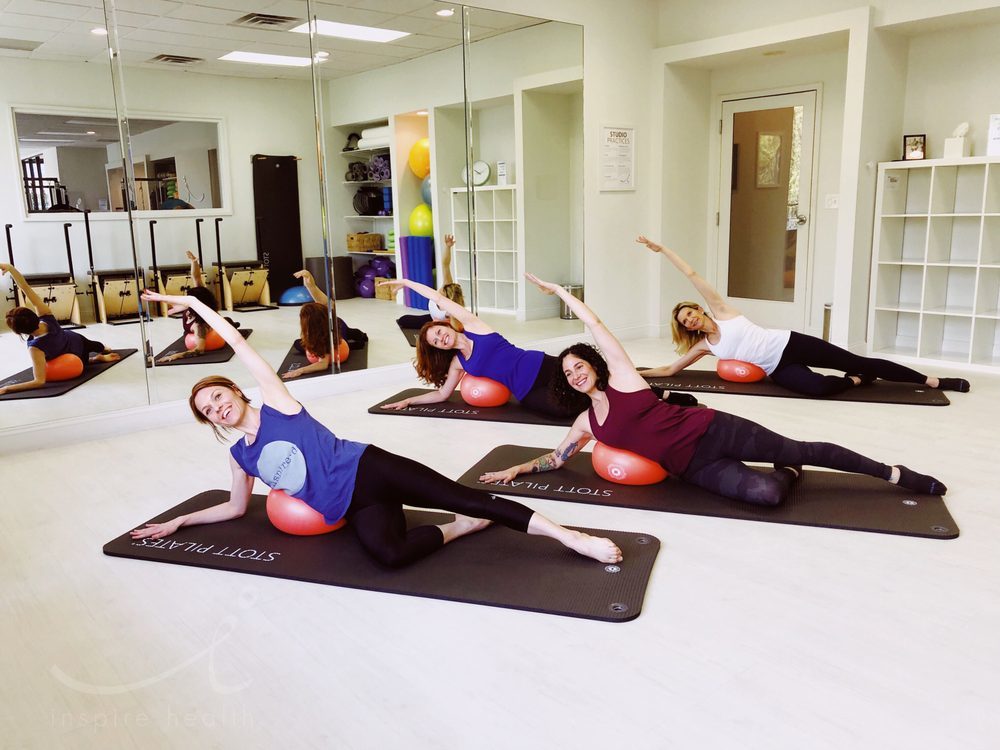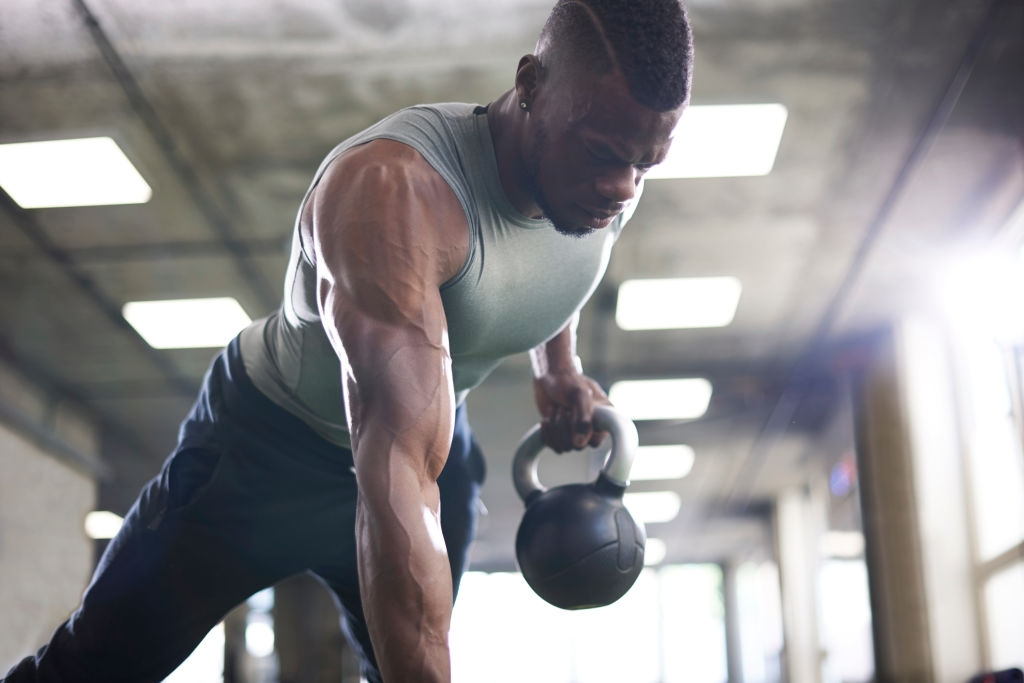Pilates is a form of exercise similar to yoga, involving a series of movements which concentrates on core strength, posture, balance and flexibility. Pilates was developed by German-born Joseph Pilates, who believed mental and physical health were closely connected, and practicing Pilates has been proven to improve overall wellbeing as well as general fitness.
What are the benefits of Pilates?
Practicing Pilates on a regular basis provides plenty of well-rounded benefits. ‘The beauty of Pilates is that anyone, at any age can get started. Through the controlled and progressive movements, you can totally reshape your body,’ explains Mahal. ‘I love that it employs a rounded technique for both men and women.’
‘One important factor to remember is that strength is not bulk,’ she adds. ‘It is easy to get confused between the two since a lot of people nowadays lift heavy weights in the gym. Pilates makes you stop and think about what you are doing. By focusing the mind, regulating your breathing and making use of internal resistance it is an extremely powerful way to tone the body.’
Here are the four ways Pilates changed my body (and my mind) for the better:
1.Pilates and balance
My balance in adulthood has been entirely questionable. After only a few weeks of practicing at Atlanta Pilates, I noticed improvements in how I performed in other gym sessions when doing exercises, such as lunges and single leg bodyweight exercises – movements that had previously left me feeling wobbly.
I also noticed greater stability overall and felt better equipped to do some of my one-legged rehab exercises for my ankle. More obviously, I was able to advance to more complex moves on the Pilates reformer as the weeks progressed, which required a lot more balance and coordination.
After only a few weeks of Pilates, I noticed improvements in how I performed in other gym sessions when doing exercises.
‘Pilates exercises require more thought than other workouts that rely on only repetition, which, of course, has the added benefit of keeping the mind active and alert,’ explains Maria. ‘You don’t just have to learn a series of movements; you must also learn the concept. For example, standing on one leg with your eyes open and then with closed eyes requires a lot of balance. But with slow movements of the limbs while maintaining a strong core, your balance will quickly improve.
‘Some exercises within Pilates are more complex because they are based upon the introduction of a more complicated concept than simple physical movement,’ she adds. ‘This is because Pilates reintroduces the mind to the body. Coordination is key to the way the exercises flow and it concentrates on working the body as a whole instead of individual parts.’
2. Pilates and core strength
Before long I was able to hold the plank and other core exercises for longer and with better form, and noticed improved definition with my stomach muscles. At work, I noticed my posture at my desk improved and I became more conscious of my core muscles on a day-to-day basis.
But how does Pilates help with core strength? ‘Firstly, it is important to understand what core strength is,’ explains Mahal. ‘Many people assume we are talking about rectus abdominals (abs) however, it involves additional muscles also.’
★ Understanding local and global muscles
The definition of core stability is the ability to maintain correct spine alignment/shoulder girdle position and pelvic position while moving the limbs. Core muscles can roughly be divided into two groups: local and global. As a general rule, surface muscles are responsible for large powerful movements and are referred to as global muscles.
‘Muscles that lie deeper in the body, closer to the vertebral column, usually have more subtle functions which stabilize the body,’ says Mahal. ‘These are referred to as local or stabilizer muscles. They are responsible for making small adjustments to the alignment of the spine.’
‘Many Pilates movements require you to hold your torso in place while moving your limbs in different directions,’ she adds. ‘This therefore challenges your body with balance, stability and flexibility. In time, this will strengthen your core and will streamline your body.
‘During the ageing process, our bodies tend to become stiff and inflexible. In tail, this creates a poorly aligned body, which causes a stiff neck, headaches and back pain. Pilates works on your joints and mobilizes your spine which can prevent problems such as tight hamstrings, bent knees, rounded shoulders and forward-pointing neck.’
3. Pilates and flexibility
Another notable benefit after just eight weeks of Pilates was that I felt my mobility and flexibility improve. I was able to settle in deeper to stretches and my increased range of motion in different exercises was noticeable after just two months. I particularly felt it in my hip flexors. Regardless of flexibility, it felt good to stretch out after a long day sat at a desk.
So how does this work? Pilates Atlanta focusses on lengthening and expanding the muscles, instead of bunching them up. This therefore allows them to become longer and leaner,’ says Mahal. ‘You will feel taller and will become longer and leaner. The exercises within Pilates are dynamic stretches, which mean they are active movements.
‘A muscle is stretched but is not held in the end position, and this is usually done through movement. By using this technique of stretching this will increase your range of movement. Having good overall flexibility will prevent injury, improve your posture and overall health.’
4. Pilates and mental health
Various studies support the notion that exercise can benefit mental health and, for me, Pilates has been no exception. I found the focus on breathing incredibly calming and the classes worked well at setting me up for the day – or ending the day on a high and a deep stretch.
‘Breathing performed in yoga and Pilates has been shown to cause a reduction in stress and blood pressure,’ explains Mahal. ‘Deep breathing also encourages correct blood flow and helps with sleep.
‘Pilates can improve your mood as physical activity causes endorphins to be released and causes a positive feeling in the body. Some scientists believe that being active can enhance wellbeing as it brings about a sense of better self-confidence, self-control and the ability to rise to a challenge.’ What more excuses do you need to hit the mat?

